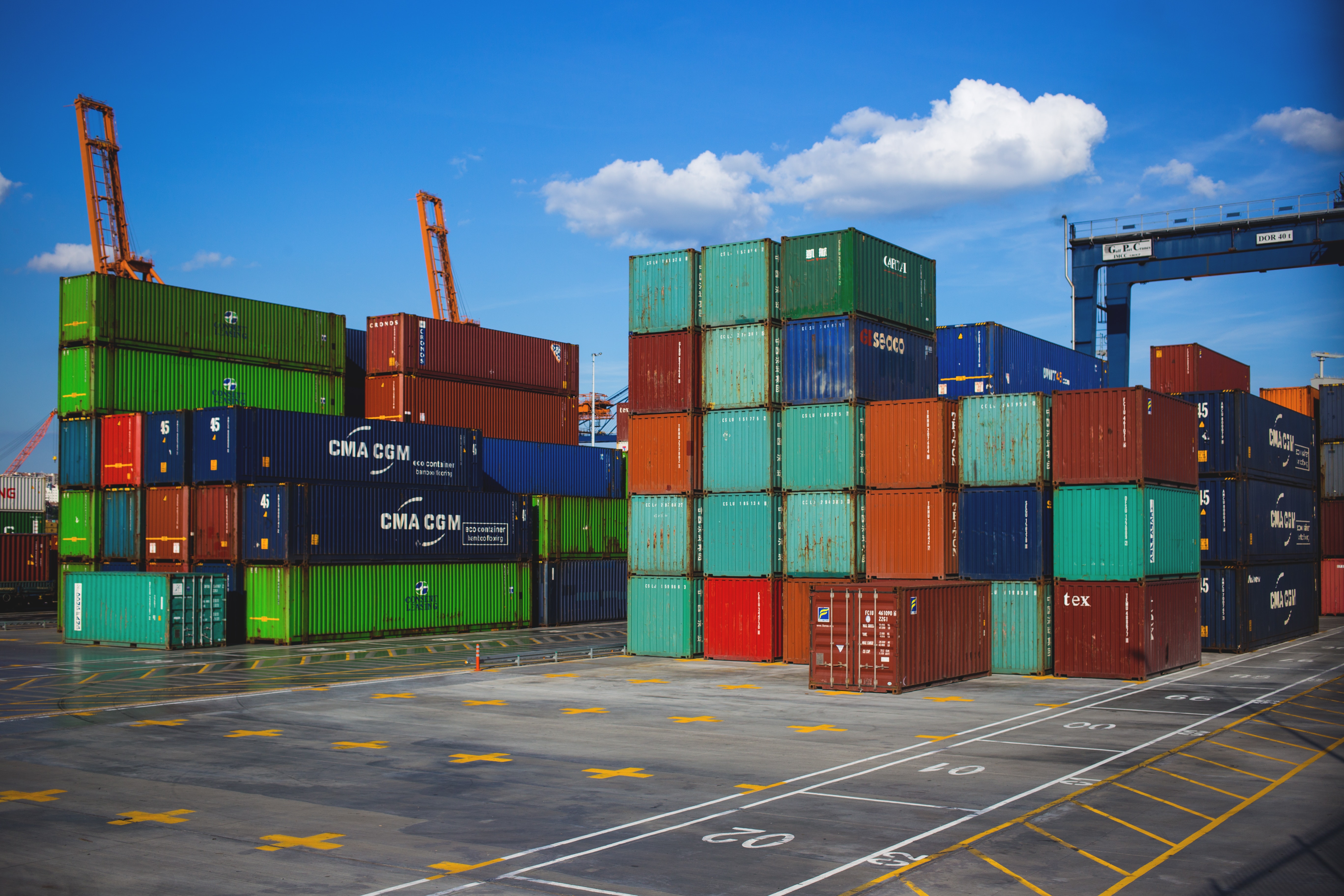Advice from West Virginia business owners for why you need an export compliance plan.
If you’re reading this, you probably already know that exporting is a little more involved than packing up something you sell and shipping it to a customer across the pond. There’s export regulations and rules you need to follow if you want to send your products outside the country and it can be a complicated process. But it doesn’t have to be a scary or difficult one.
There are plenty of resources out there to help you become an exporter or expand your market into a new country. Before you start exporting though, you need to make sure you have an export compliance plan. Don’t know what that is? Here’s a few tips to help you understand export compliance from West Virginia entrepreneurs who created and implemented plans for their businesses.
Start your export compliance plan by doing something easy.
Exports of most commercial items are regulated by the U.S. Department of Commerce’s Bureau of Industry and Security (BIS). These regulations apply to organizations of all sizes, whether you’re a one-person operation, own a small business or part of the C-suite for a large corporation.
Doing something new can be intimidating, but the best strategy for getting started is to jump right in and tackle a simple task. A good first step is to properly classify your product so you can determine what export regulations apply.
Mark Cooper, director of regulatory affairs for Huntington-based DARCO International, said all companies exporting goods out of the country needs to check the BIS Commerce Control List to see if their product is subject to licensing regulations.
“You should check the Commerce Control List and U.S. Export Administration Regulations (EAR) to figure out if the item you want to export has an Export Control Classification Number (ECCN), which determines if it’s subject to licensing,” Cooper said.
You can search for an ECCN code online at the BIS website. If a product has a code, it also will include one or more reasons why it is controlled.
Products that don’t have an ECCN code and aren’t subject to control by another U.S. agency are designated EAR99. These are usually low technology consumer goods and normally don’t require an export license.
“If that’s the case, you should still make sure you don’t need a license,” Cooper said. “Even if your product doesn’t require a license and you plan to export to an embargoed country, you may still have to get a license.”
Take responsibility for your company’s export compliance.
Some business owners may think outsourcing their export functions means they don’t need a compliance plan, but that’s not the case. You can’t outsource your liabilities, and you will be responsible for any penalties due to non-compliance. Not the forwarder, not the customer and not any other pass-through entity.
Whether you hire an export compliance officer or take on the job yourself, it’s important to make sure your company follows regulations. If you’re like Ala Simms, an international sales support representative and secure document specialist for Wheeling-based TROY Group, Inc., training and online resources are a good place to start.
“I would highly recommend attending training sessions led by federal and state administration in the area of export compliance and use online resources from federal and state agencies like the West Virginia Division of Economic Development and U.S. Department of Commerce’s Bureau of Industry and Security,” she said.
Export compliance to Simms is a badge of honor. “It’s always been our management’s priority and having an efficient ECP contributed to our streamlined internal process of compliance along with expanding our presence in various regions of the globe,” she said.
Document and keep a file on export compliance.
Having an effective export compliance plan will help you streamline operations, conduct export activities in accordance with the EAR and minimize the risks of violating regulations. You can further protect your company by keeping good records that document your export compliance.
Simms said making sure your exports are compliant is a lot of paperwork. Here’s a few of the things she said needs documented if you are going to have a solid export compliant plan:
- Demonstrating management support
- Company profiling and risk assessment
- Establishing and managing accountability
- Screening parties, transactions and countries, whether restricted, embargoed, sanctions, etc.
- Classifying goods
- Education and training
- Audits and quality management
Do you have an export compliance plan?
Companies of all sizes need to make sure they’re exports are compliant by following industry best practices, staying up to date on any regulatory changes and conducting regular training. There are many factors that go into compliance, but just being aware of your need for it is a big step in the right direction.
To learn more about export regulations, click here.
Looking for more resources? Don’t know how to get started with your own export compliance plan? Get help from one of the West Virginia Division of Economic Development’ international trade representatives. Contact us today!

